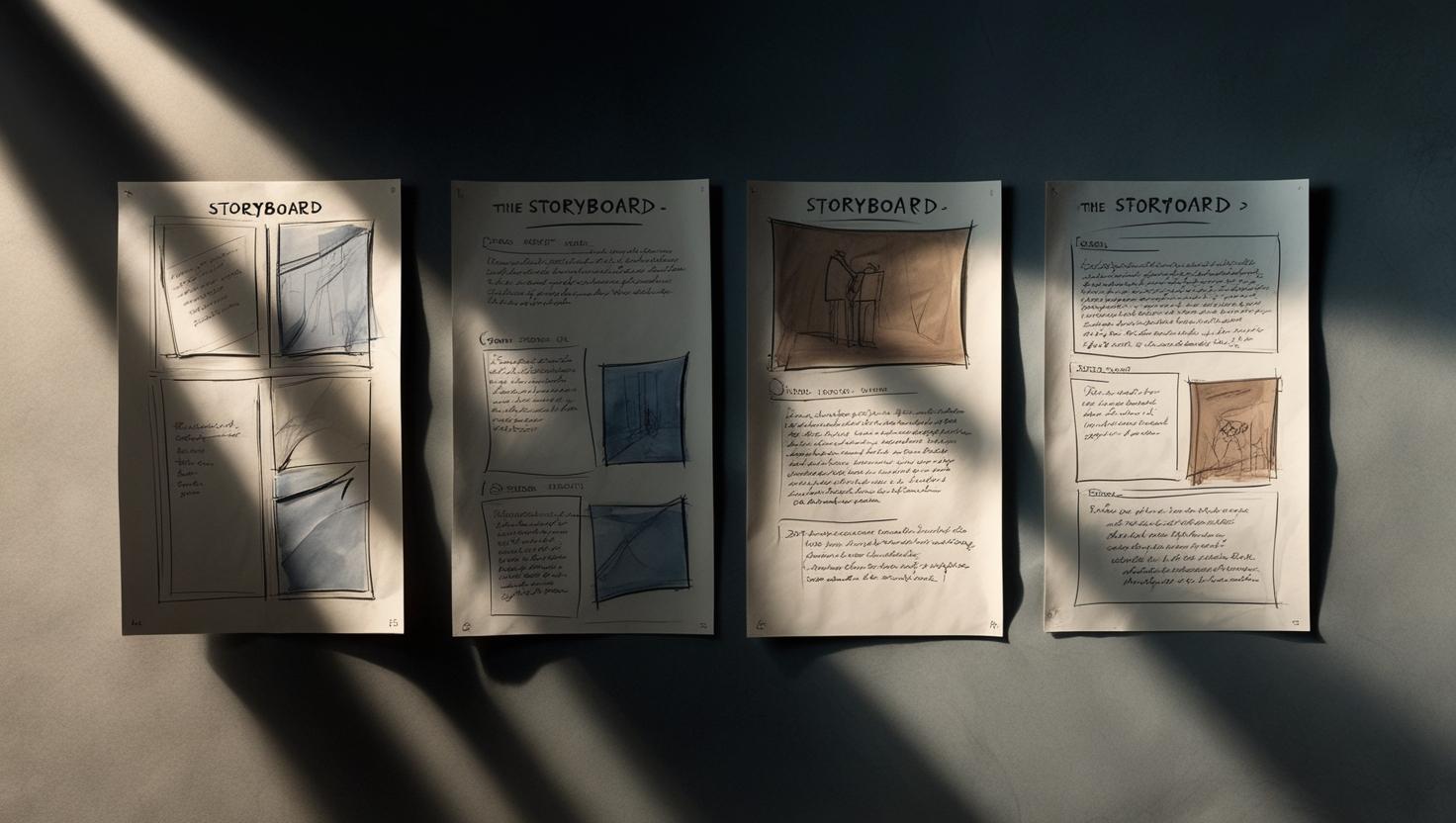Working remotely with a voice over actor has taken off these years. That’s in large part due to the increasing number of remote voice over actors with their own studio (read: voice booth).
What’s tricky though is that this means there are even more voice over artists on the market. How to separate the wheat from the chaff? And, what should you agree on before you get started? In this blog I’ll outline our experience with this topic, at a glance.
What to look for from a remote voice over
Before we begin: at Voicebooking we already have more than 10 years experience as specialists in remote recording, and I have to say, in the first few years we needed to be real pathfinders. What worked well?
How do we build a professional team of remote voice over artists? How do we make sure our clients always receive high-quality recordings? We noticed very quickly that there was an combination of factors which, as you will read in a minute, begins with the first email contact.
First estimate the experience of the voice over
As in all crafts, no two voice over actors are the same. With a remote voice over that goes a little further. There are very good voice over artists who, on their own (from their own studio), aren’t able to bring off a job very well.
When working from your own studio you are not just voice over, but director, producer and sound technician all rolled into one. Particularly hard is the second, directing yourself; one voice over will find that easier than another.
The combination of these 4 skills demands experience. There are remote voice over actors who are among the absolute best and yet they wrestle with this challenge.
Long or short script?
The longer the script the more important it is that you work with someone who seldom makes mistakes. Especially when it comes to e-learning or an audiobook recording.
If the voice over in question gets the emphasis wrong in multiple places per page, misses the right tone of voice, or simply stumbles over a word, there’s a big chance that afterwards you won’t be able to see the wood for the trees.
You run up against the possibility that you will have to be saintly and hold their hand all the way through. When in doubt, ask the voice over actor how often they record long texts.
Your 100% or the voice over’s?
There are definitely two main trends in the communications world. You know the cliché of the advertising guy who makes the voice over actor do 40 different takes and then opts for take 2? <Canned laughter>.
The other cliché is the TV producer: the one who asks the voice over to just put on their ‘normal voice-over voice’ but then just a bit faster or slower (whether that means a real, natural sounding, or bit of a DJ tone, doesn’t really matter).
Whatever your opinion of these two extremes, have a good think about where you stand on these matters. Do you brief the remote voice over artist in advance and then trust that they will produce a great recording, or do you have an idea in your head in advance of exactly how it needs to sound?
If it’s the latter, then it’s advisable to plan a listen-along session. It may cost you a little more but then you have directorial control.
Give clear instructions
In the main, voice over actors who record remotely do it without the client listening along. They receive the script, sometimes with the video or music too for additional clarification. Perhaps there is an abbreviation in the script that needs to be spoken as a word. Or a summary of something which you also see on-screen, and it’s useful for the voice over to know whether or not big pauses will be needed.
And then there is the biggest trip hazard. The tone of voice briefing. Often that’s easy to write down: “I want it business-like but cheery”. But, we noticed quickly, that’s not handy. Since we began working with tone of voice samples on our platform, the number of retakes has more than halved. In other words, make sure that your instructions can only be interpreted in 1 way.
How’s the quality of the script?
Today, the biggest demand for voice overs is for online video. And of those the majority are explainer, e-learning or corporate videos. Often the production budgets do not allow for the hiring of experienced copywriters. Sometimes the end-client themself has written the text. This means that many scripts use written language instead of spoken language. Really experienced voice over artists can read through that.
They know how to make that kind of script sound as if it’s spoken language. In other words, even the budget jobs scream out for experienced voice overs. And yep, you don’t just find those online for a couple of bucks.
Keep the deadline short…
This point feels counterintuitive. When a voice over needs to go to a recording studio to record it would be unusual if they were to simply not turn up. If you’re recording remotely, the voice over actor records when it suits them best.
In that case, set your deadline for three days after briefing and our experience says you practically never have to send reminders. The shorter the deadline the better a voice over will stick to it. Just like the rest of us…
… and plan in time for retakes
If someone records remotely and you are therefore not present to listen along, then there is always the chance of errors. A bit of voice over experience ensures that there are as few as possible, but of course you can never rule out the chance entirely. If you have a tight deadline, always discuss time for retakes in advance.
Studio quality
At Voicebooking we get hundreds of registrations per month. Based on the quality of someone’s demo we can estimate pretty well what a voice over actor can do. But not what the studio quality of someone’s voice booth is like. In demos you mainly hear mixed samples which are often recorded in other studios. Not every top voice over actor has a great sound at home.
You have people that think their kitchen is a great place to record (O.K. at least it’s not the bathroom). Still, I think it’s pretty cheeky to ask 300 euros for a voice over recording and then deliver crappy audio. So, always ask for a sample from their home studio.
Communication
Remote working demands additional skills than those required by the craft alone. Remember, nowadays you’re voice over, director, sound technician and producer in one, and because the majority of the work takes place at home, the majority of the communication is via email. That’s why when selecting new voice over actors for Voicebooking we always look at how they communicate with us.
Does someone reply to emails in a timely manner? Are questions answered directly or with a somewhat vague counter-question? Is someone solutions-oriented, or not? Because you no longer meet each other in real life, friction can arise which doesn’t actually have a factual basis. If, in the run-up to a job, you experience this kind of friction over email then let that be a warning sign of how the process may continue.
So, working remotely with voice over actors can be a real quest, in which there are excellent voice overs to be found in nearly every language. At Voicebooking we’ve made an initial selection for you, of 30 voices max. per language.
All of them are top voice over actors, of which we have complete faith. Whether you call-in online, or brief them in advance. Our goal is to ensure that you, and your client, are happy. That’s what it’s all about, right?




